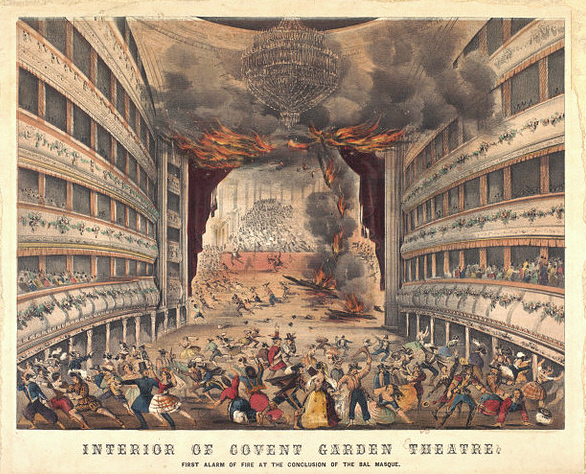- 3-minute read
- 24th September 2016
Because, Because, Because (How to Prevent Repetition)
When Dorothy, the Tin Man, the Scarecrow and the Cowardly Lion head off to see the Wizard of Oz, they do so ‘because, because, because, because, because, because, because of the wonderful things he does.’
This is undeniably a catchy tune to hum while walking a yellow brick road. From a proofreading perspective, however, it’s hard to get past the unnecessary repetition of ‘because’.

If Dorothy had used ‘because’ that often in an essay, we’d definitely suggest she make a few changes, as repetition can make your work seem monotonous. And since ‘because’ is a common term in academic writing, we recommend learning a few alternatives.
Synonyms for ‘Because’
There are plenty of words and phrases you can use in place of ‘because’ when introducing an explanation or justification in an essay. To demonstrate, we’ll work with this example sentence:
I went to see The Wizard of Oz because I love musical theatre.
Single words that can replace ‘because’ here include ‘as’, ‘since’ and ‘for’ (note that some terms require adding a comma to avoid ambiguity):
I went to see The Wizard of Oz, as I love musical theatre.
I went to see The Wizard of Oz since I love musical theatre.
I went to see The Wizard of Oz, for I love musical theatre.
However, ‘as’ and ‘since’ are both sometimes considered informal, while ‘for’ is quite old-fashioned. Thus, in academic writing, you may want to use a phrase instead:
I went to see The Wizard of Oz due to my love of musical theatre.
I went to see The Wizard of Oz as a result of my love for musical theatre.
Find this useful?
Subscribe to our newsletter and get writing tips from our editors straight to your inbox.
I went to see The Wizard of Oz on account of my love for musical theatre.
I went to see The Wizard of Oz in view of my love of musical theatre.
Many of these are actually replacements for the phrase ‘because of’ rather than just ‘because’, which is why the sentence is slightly changed in some cases.

Rearranging Sentences
Alternatively, you could get around overusing ‘because’ by rearranging sentences. For instance, we could say:
The Wizard of Oz was cancelled because the theatre burned down.

However, we could restructure the sentence to remove the ‘because’:
The theatre burned down, so The Wizard of Oz was cancelled.
Here, the conjunction ‘so’ is used to indicate that the second clause (‘The Wizard of Oz was cancelled’) results from the first clause (‘the theatre burned down’). It thereby explains the situation without using ‘because’. Other possibilities include:
The theatre burned down; thus, The Wizard of Oz was cancelled.
The theatre burned down, which meant that The Wizard of Oz was cancelled.
There are, in fact, dozens of ways you could express the same idea without using ‘because’. The crucial thing is maintaining the sense of explaining or justifying something. Keep this in mind and it should be easy to avoid overusing words like ‘because’!